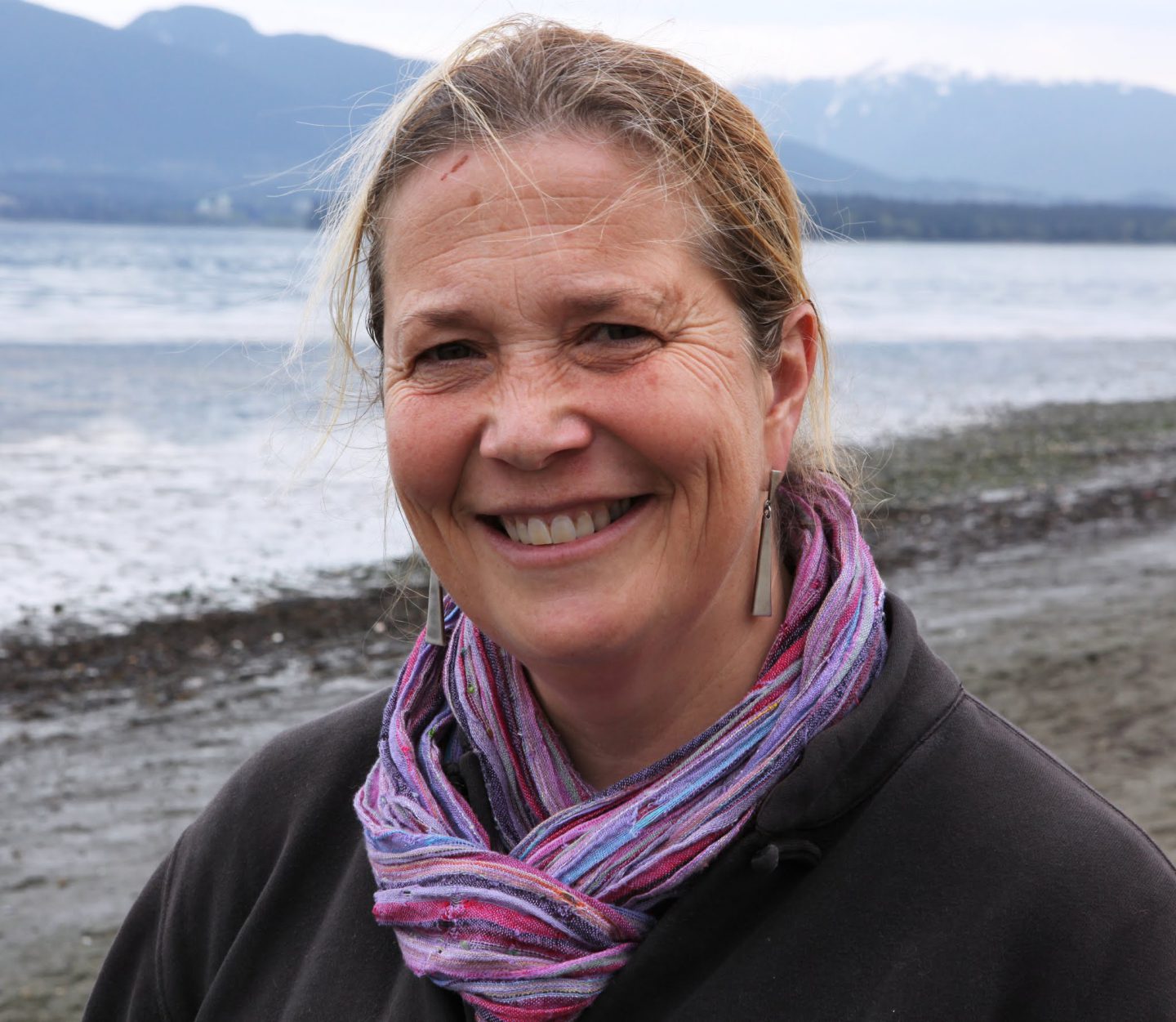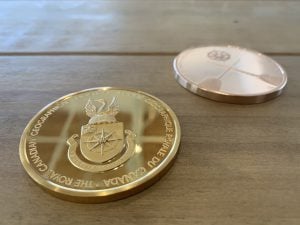
Wildlife
Why understanding animal behaviour is key for biodiversity conservation
By understanding why animals do what they do, we can better protect them while making people care
- 1906 words
- 8 minutes
Environment

Amanda Vincent, director of marine conservation organization Project Seahorse and one of the world’s preeminent seahorse experts, has been awarded the $250,000 Indianapolis Prize for her work on ocean conservation.
A professor at the Institute for the Oceans and Fisheries at the University of British Columbia, Vincent has been studying and advocating for the conservation of seahorses for over 30 years. In 1996, she founded Project Seahorse alongside British marine biologist Heather Koldewey. The organization works globally on marine research and conservation interventions.
Vincent is the eighth recipient of the Indianapolis Prize, one of the leading animal conservation awards, and the first to focus exclusively on marine conservation.
“It’s high time we had an ocean winner,” she says. “Winning the Indianapolis prize as an ocean person gives me an amazing opportunity to talk to people who can spread the message that the oceans are a treasure trove.”
Vincent’s interest started in 1986, when she became the first biologist to study seahorses underwater. Her work focuses on seahorses as a flagship species to highlight broader marine conservation issues.
“When we talk about seahorses, everybody listens. They’re fascinating animals. They’re quirky and weird, and many people are surprised to find they’re even real,” says Vincent. “And then, of course, they suffer from the threats that beset a great many marine species.”
Poor fishing practices, especially bottom-trawling, coastal developments, and climate change are some of the biggest challenges facing seahorses. “All those things that worry us for so many species are captured in the story of seahorses,” says Vincent.
Likewise, she says, the solutions to issues facing seahorse populations are applicable to broader marine conservation. These include setting up protected areas and regulating the sale of wild species, both of which have been amongst the work done by Project Seahorse.
Vincent is the second Canadian to win the prize, following the inaugural recipient George W. Archibald, a Nova Scotia-born crane conservationist, in 2006.
“It’s kind of exciting to have brought it north of the border,” she says. “We have an amazing capacity for conservation in Canada, we just need to build on it.”
Project Seahorse was the recipient of a Rolex Award for Enterprise in 1998. Vincent was also a finalist for the Indianapolis Prize in 2010 and 2016.
The Indianapolis Prize is awarded every two years by the Indianapolis Zoo to individuals “who have achieved major victories in advancing the sustainability of an animal species or group of species.”
Are you passionate about Canadian geography?
You can support Canadian Geographic in 3 ways:

Wildlife
By understanding why animals do what they do, we can better protect them while making people care

Environment
The planet is in the midst of drastic biodiversity loss that some experts think may be the next great species die-off. How did we get here and what can be done about it?

Environment
David Boyd, a Canadian environmental lawyer and UN Special Rapporteur on Human Rights and the Environment, reveals how recognizing the human right to a healthy environment can spur positive action for the planet

People & Culture
Award recipients honoured in the first virtual Annual General Meeting and Fellows Show.